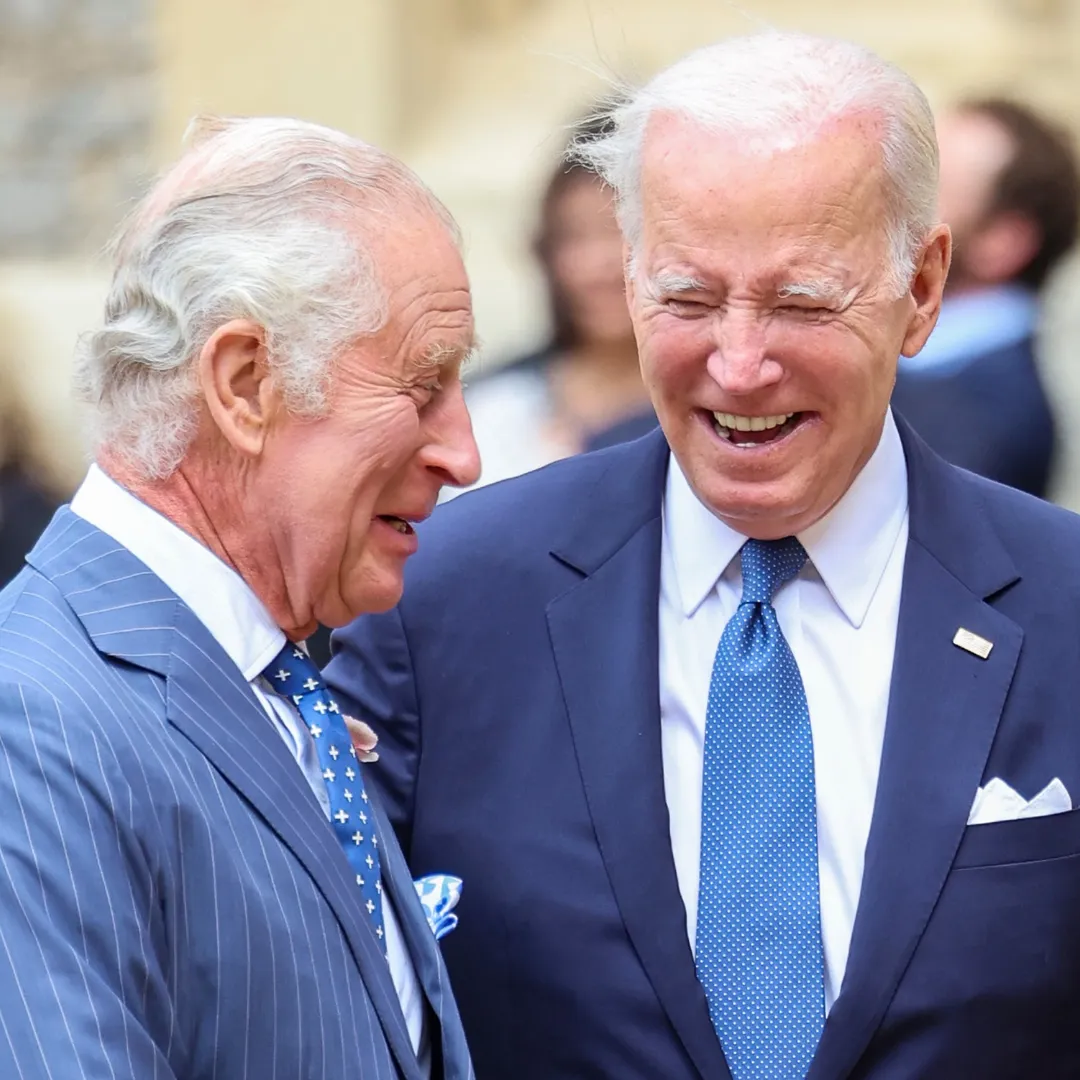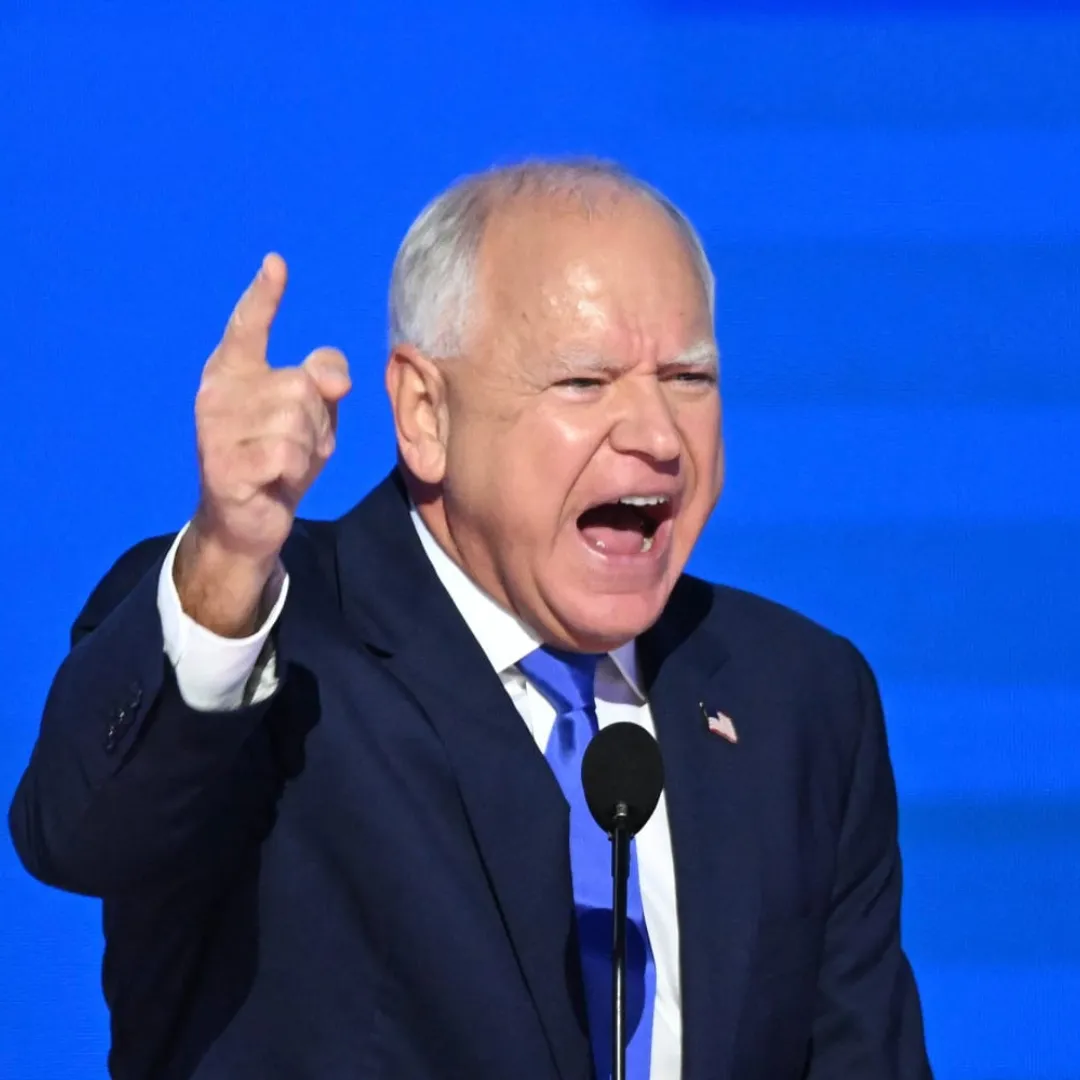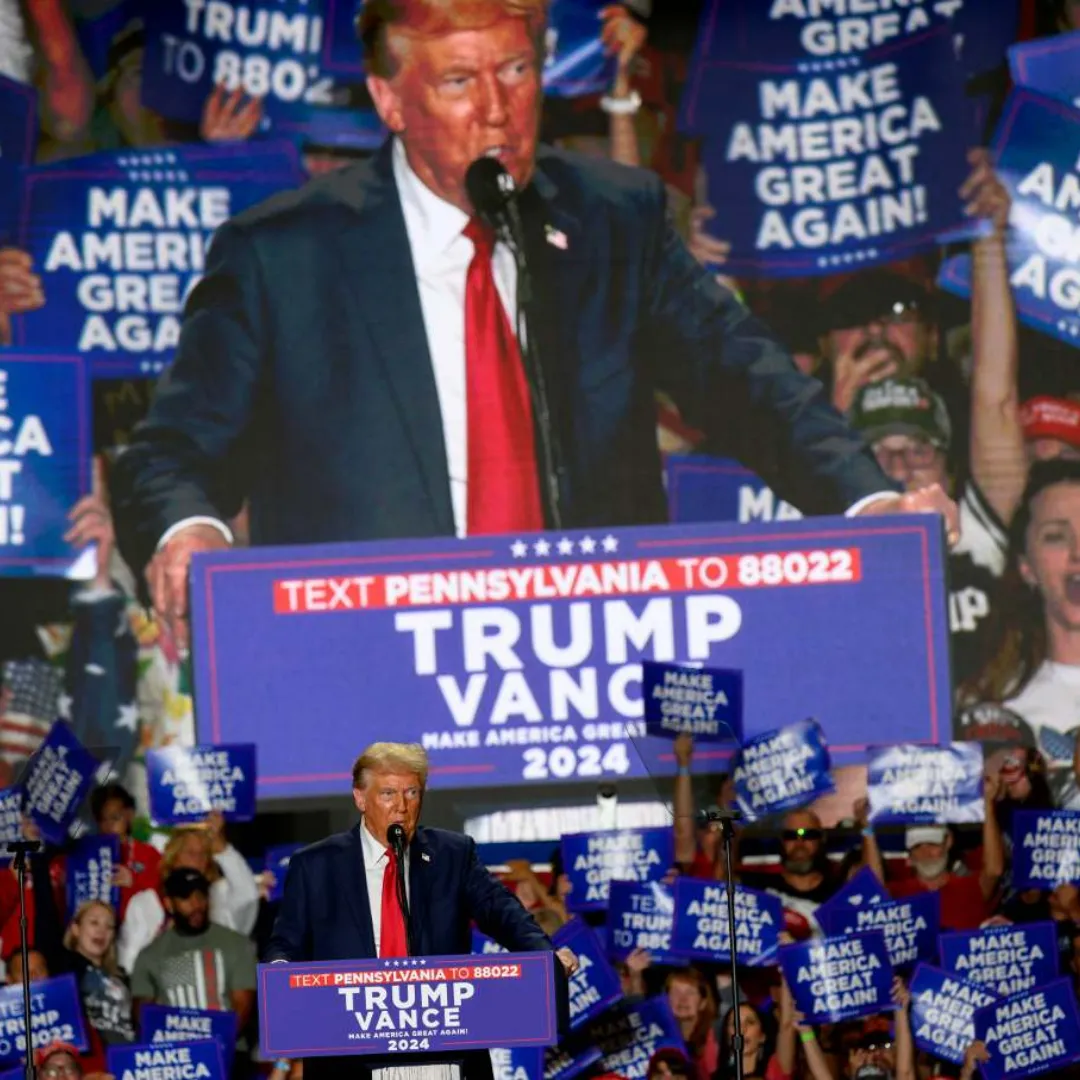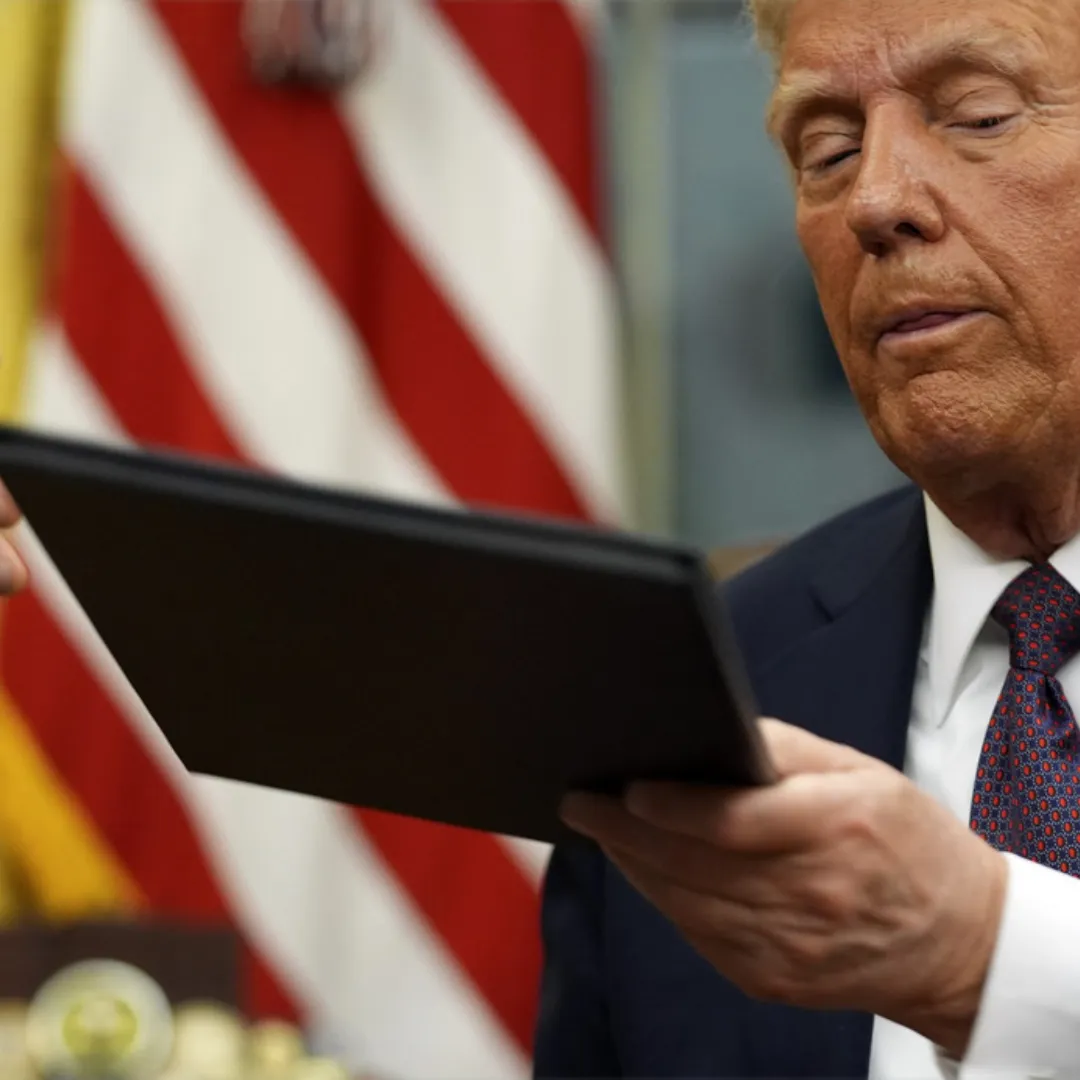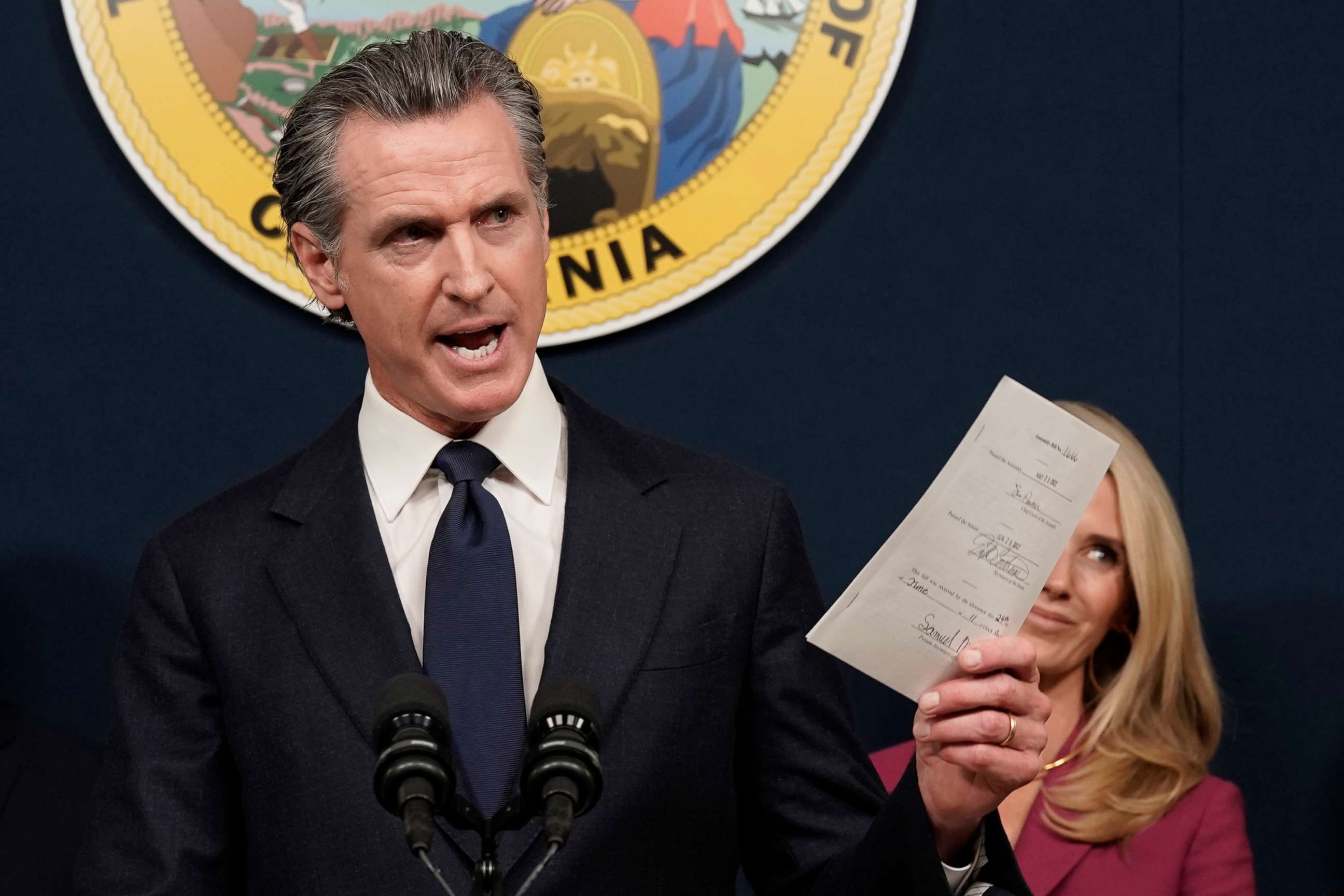
California Governor Gavin Newsom is calling on the Democratic Party to take a hard look at itself following its significant defeats in the most recent elections.
In a newly published interview, Newsom expressed frustration at what he describes as a lack of accountability and introspection among Democratic leaders after losing the White House, the Senate majority, and failing to reclaim the House.
“We have not done a forensic of what just went wrong, period, full stop,” Newsom said during an exclusive interview with The Hill. “I don’t think it, I know it.”
Newsom said that the Democratic Party has not initiated a serious internal discussion about the causes of its losses, including the defeat in California districts and the broader national implications.
“To the extent that I’m marginally part of this party, I represent the state larger than 21 state populations combined,” he said. “And I can assure you there’s not been a party discussion that I’m aware of that has included the state of California.”
Newsom, who is frequently mentioned as a possible Democratic presidential candidate for 2028, said the party needs to engage in an honest assessment of its identity, its leadership, and its direction.
“I don’t know what the party is,” he said. “I’m still struggling with that.”
The California governor pointed out that his state often gets dismissed as being outside the political mainstream due to its association with the entertainment and tech industries. However, Newsom argued that California represents a wide range of communities and interests across the political and cultural spectrum.
“I’ll remind you, for those that think California is just a coastal state, we have 150 percent more ag, hunting, forestry jobs than the next state, 150 percent larger,” he said. “So, you know, you talk about America, we’re just America, only more so.”
He also emphasized his frequent visits to the Central Valley, a largely rural region in California, as a key part of his political grounding.
“So, you know, talk about flyover states. My state of mind is deeply entrenched in this rural mindset as I go back over and over and over again in the Central Valley,” Newsom said. “It’s not helped me electorally, but it certainly helped me sort of create a sort of consciousness around that.”
Newsom said Democrats must go through a period of reflection if they want to rebuild and win in the future.
“If you don’t learn the lessons of the past, you will repeat them,” he said, expressing concern about the lack of a clear post-election analysis.
“The fact that we’re not even stress-testing what the hell just happened and we’re having an honest forensic conversation,” he said, trailing off in frustration.
Newsom has faced criticism from within the party for some of his recent decisions, including inviting conservative figures onto his podcast, “This is Gavin Newsom.” In recent months, he hosted Charlie Kirk and Steve Bannon, two vocal supporters of former President Donald Trump.
The move drew backlash from some Democratic strategists and activists, who viewed it as lending a platform to individuals with extreme views. But Newsom defended his choice, saying it reflects the very problem the party is facing—an unwillingness to listen.
“The reaction when I had Charlie Kirk and Bannon on was exactly to me Exhibit A of what I feel is wrong right now with my party: an unwillingness to even engage in platform, to listen,” Newsom said.
He said the criticism showed that many Democrats were more interested in confrontation than in understanding.

“Democrats wanted it to be a debate, take the guy down,” Newsom said. “As opposed to, these two voices had a disproportionate impact on the voice you’re hearing every single day, in the megaphone in 1600 Pennsylvania Ave.”
“So maybe we should pay attention and at least express a desire to absorb and learn from what they’re doing and how successful they’ve been,” he added.
Newsom said his podcast was created in part to open conversations across ideological lines and test his own political approach.
“And so … I’m testing that,” he said. “At the same time, I’m being tested by it, because the reaction has been a little more bumpy than I even anticipated.”
During the interview, Newsom was asked about the growing excitement surrounding progressive events across the country, including rallies held by Senator Bernie Sanders and Representative Alexandria Ocasio-Cortez.
“It’s great. It meets the moment. It meets the zeitgeist, the energy,” Newsom said. “It’s what people want.”
At the same time, he warned that enthusiasm among the progressive base does not automatically translate into electoral victories in key states.
“In the Democratic Party, that’s where the energy is,” he said. “And I intimately understand that nature-nurture coming from the Bay Area and sort of progressive politics.”

“But I don’t know that an electoral victory from a prism of 2028 lies there. I’m not convinced of that,” Newsom said. “But I admire their willingness to step in the void, to distill a sense of well-being, a spirit, sort of restore a little bit of pride in the Democratic experiment, party.”
Newsom acknowledged the powerful effect that progressive rallies are having on communities.
“You can see a reflectiveness, the crowds are extraordinary, and there’s passion, and people are anxious and scared in a profound way,” he said.
He also weighed in on Vice President Kamala Harris’s presidential campaign in 2024, which followed President Biden’s decision to drop out of the race. When asked what mistake Harris made during her campaign, Newsom hesitated.
“I would have a difficult time answering that,” he said. “Because I think I’d be unfair in answering that.”
He defended Harris’s short campaign period and praised the work her team accomplished in a limited timeframe.
“We’re all geniuses, not just experts in hindsight,” Newsom said. “And I thought they ran a remarkably effective 107-day campaign, and all her strengths were there.”
Newsom’s comments reflect a broader concern among some Democratic leaders and supporters who worry the party is losing its ability to connect with working-class voters and those in more rural or conservative regions. At the same time, the party remains energized by progressive activism and grassroots organizing.

The tension between these two forces—centrist Democrats focused on electability and progressives focused on movement-building—has defined much of the internal conversation since the election losses. Newsom’s remarks suggest he is looking for a balance, one that acknowledges the energy on the left while addressing the need for broad-based appeal.
As Newsom nears the end of his second term as governor—he is term-limited and cannot run for re-election in 2026—many in the political world are watching closely to see if he positions himself for a national run in 2028. His recent media appearances, podcast launch, and vocal critiques of both parties suggest he may be laying the groundwork for a future beyond California politics.
Whether he enters the 2028 race or not, Newsom appears intent on using his platform to push the Democratic Party toward what he sees as a more honest, strategic, and inclusive future.
“We’ve got to start having the tough conversations,” he said. “We owe it to the people we represent, and to the country we want to build.”

